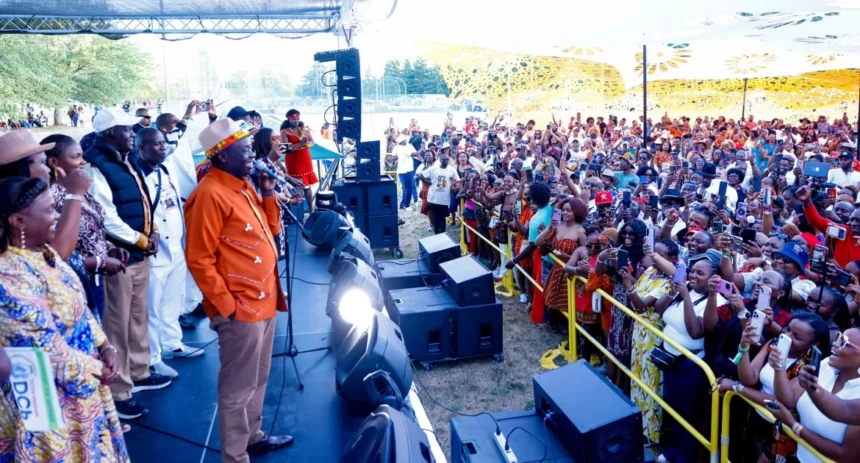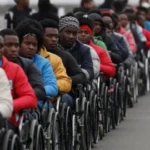The opposition has intensified its criticism of President William Ruto’s administration, accusing it of presiding over what they describe as a systematic campaign of extrajudicial killings and enforced disappearances, particularly targeting young protesters and dissenting voices since the Gen Z-led demonstrations of 2024.
Speaking in Seattle, former Deputy President and Democratic Change Party (DCP) leader Rigathi Gachagua accused the government of silencing youth activists through intimidation, violence, and criminal charges.
“They have killed our Gen Zs, and the rest face trumped-up charges in court,” Gachagua told a diaspora audience. “This regime is using fear to suppress dissent. But we are telling Kenyans—don’t be afraid. We must confront this head-on.”
Gachagua, who was accompanied by People’s Liberation Party (PLP) leader Martha Karua, painted a grim picture of the country’s human rights record, citing an alarming pattern of state abuse. Karua, a longtime civil liberties advocate, called for a complete overhaul of leadership in the country.
“We don’t need a government that abducts, kills, and steals from its own people,” she said. “We are here to offer a transformational alternative—leadership anchored in justice and dignity.”
Back home, in Kitui County, Wiper Party leader Kalonzo Musyoka echoed similar concerns, emphasizing that protecting life and property remains a fundamental duty of any legitimate government.
In light of recent remarks by both President Ruto and Belgut MP Nelson Koech—seen by critics as dismissive of police excesses—Kalonzo warned that leaders would be held accountable.
“This country is bigger than individuals. The violence and bloodshed we’re witnessing cannot go unchallenged,” Kalonzo said.
These statements come amid growing national and international concern over a reported spike in extrajudicial killings and enforced disappearances. Human rights watchdogs have documented dozens of cases in recent months, many involving young activists and protestors allegedly abducted or assaulted by security agencies.
Civil society organizations have accused the state of doing little to investigate or address these incidents, raising fears of a creeping authoritarianism under the guise of law enforcement.



